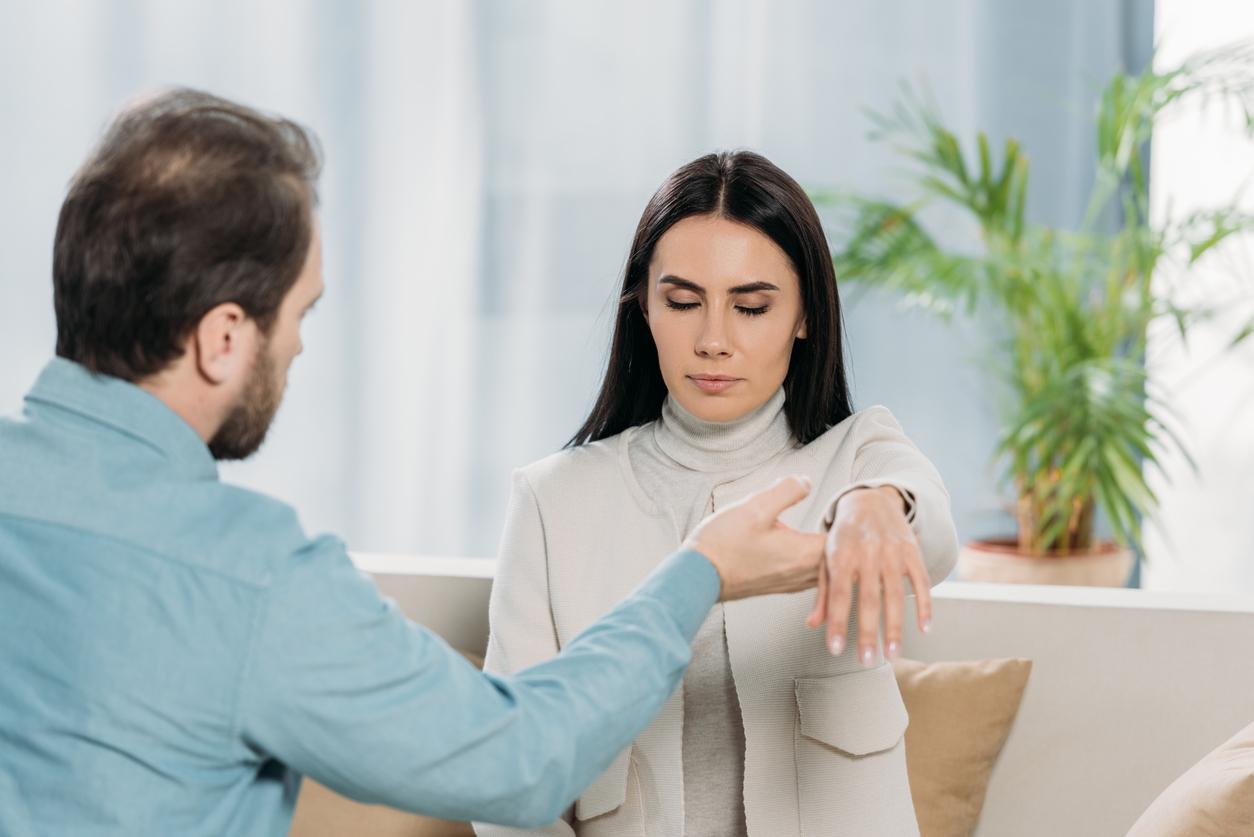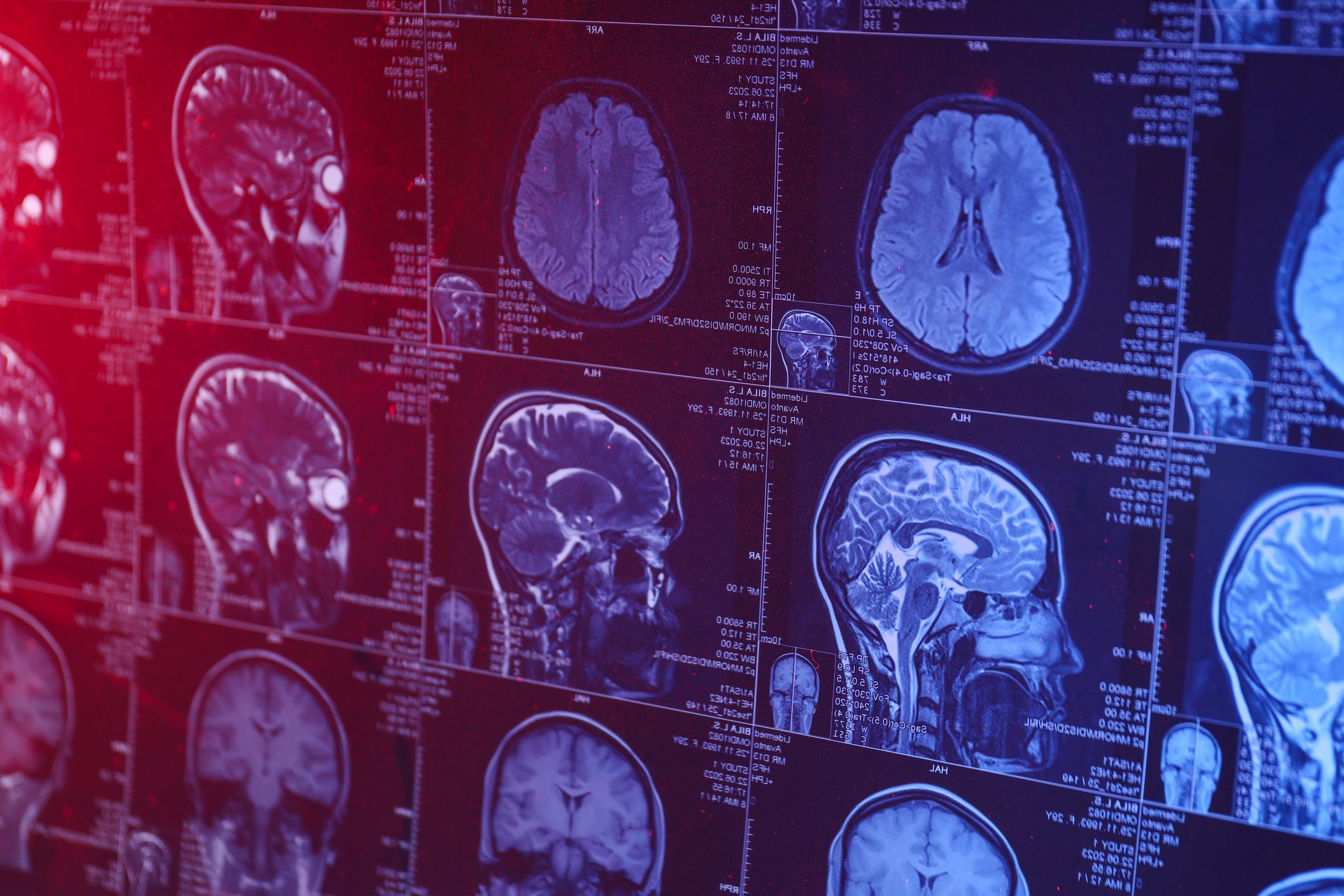Researchers have discovered how to make us more susceptible to hypnosis. Explanations.

- Hypnosis is beneficial for certain pathologies such as irritable bowel syndrome, anxiety and drug addiction.
- However, not all patients respond in the same way to this process: only 15% of adults are considered very receptive.
- Researchers have discovered a way to make people who are insensitive to hypnosis more receptive through brain stimulation.
According to a new studyless than two minutes of electrical stimulation of the brain can make it more receptive to hypnosis.
Some research has shown that hypnosis is beneficial for certain pathologies such as irritable bowel syndrome, anxiety and even drug addiction. However, not all patients respond in the same way to this process: only 15% of adults are considered very receptive.
“We know that hypnosis is an effective treatment for many symptoms and disorders, particularly when it comes to alleviating pain,” said research director Afik Faerman in a press release. “But we also know that hypnosis does not benefit everyone in the same way,” he continues.
Brain stimulation to make you more sensitive to hypnosis
In order to find a solution for people in need but unresponsive to hypnosis, his team recruited 80 individuals suffering from fibromyalgia, a very painful chronic condition. They then excluded patients who were very receptive to hypnosis from this panel, then organized a randomized trial with the remaining participants.
Half of the subjects thus received a short session of transcranial magnetic stimulation. Paddles placed on the scalp delivered impulses for two 46-second bursts, successively sending 800 electrical waves to their left dorsolateral prefrontal cortex.
The other half of the subjects received a sham treatment, where everything was the same but no electric current was triggered.
Participants who had received the stimulation were evaluated immediately afterwards, and they showed a significant increase in “their hypnotizability score”. The effect lasted for about an hour.
Hypnosis and brain stimulation: “We were pleasantly surprised”
“We were pleasantly surprised to find that with 92 seconds of stimulation, we were able to modify a brain trait that we have been trying to touch for 100 years,” said Nolan Williams, the non-invasive brain stimulation expert who conducted this experiment. “We finally found a way to do it,” he congratulates himself.
The researchers now want to see whether this effect is dose-dependent, that is, whether greater stimulation leads to a greater increase in sensitivity to hypnosis.
Their research is published in the journal Nature Mental Health.
















